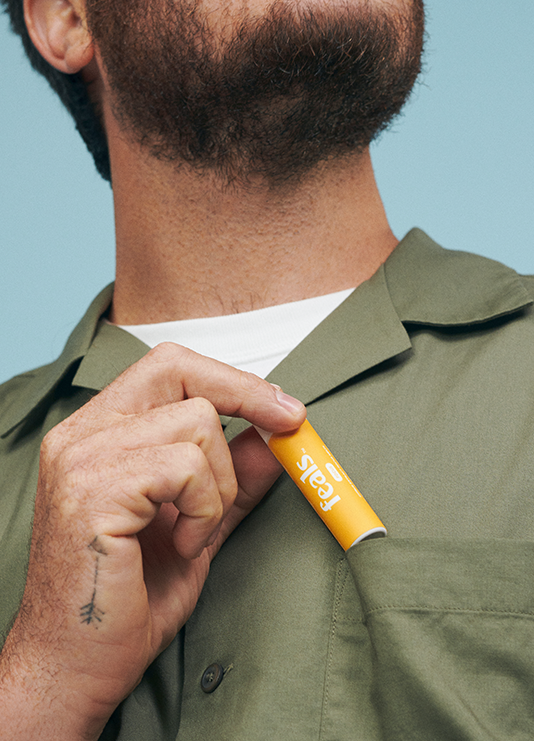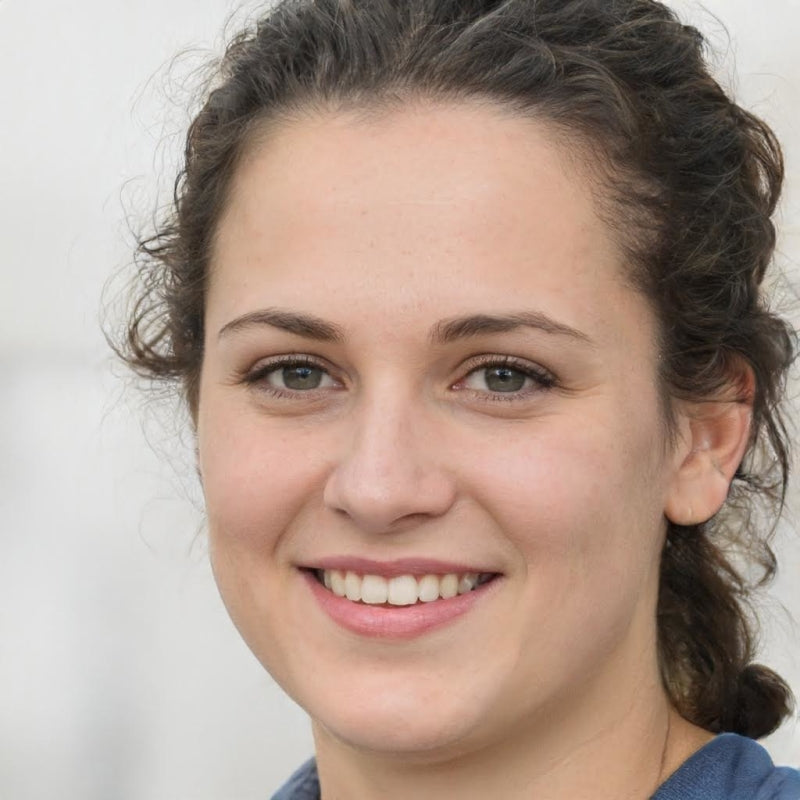THCV, aka tetrahydrocannabivarin, is a compound found in cannabis and hemp plants. While research surrounding this cannabinoid is just starting to ramp up, preliminary research suggests that THCV offers some pretty unique benefits.
In this article we’ll cover:
-
Basic information on THCV
-
The potential effects of THCV
-
Scientific and clinical research surrounding THCV
What Is THCV?
THCV is a much newer focus in the scientific and clinical research space, so we currently don’t know as much about THCV as we know about cannabinoids like THC, cannabidiol (CBD), and cannabichromene (CBC).
Unlike many well-known cannabinoids, THCV is converted from the parent molecule cannabigerovarinic acid (CBGVA) to the chemical precursor tetrahydrocannabivarinic acid (THCVA) as the plant matures. THCV is then produced from THCVA in a similar way to THC—decarboxylation.
What Are the Potential Effects of THCV?
To understand the effects of THCV, you’ll need to know a bit about the endocannabinoid system (ECS). Just like many other cannabinoids, THCV interacts with your ECS which is a unique cell-signaling communication system that plays an important role in homeostasis and the regulation of various processes and functions in the body, such as sleep, mood, inflammatory response and pain, metabolism, and memory. The ECS is comprised of two receptor types: endocannabinoid type I and type II (CB1 and CB2), which are located throughout your body in such places as the nerve cells in your brain and spinal cord, your gastrointestinal tract, your skeletal muscles, your vascular system, and your skin.
Research surrounding how THCV works with the ECS and its consequent potential benefits is in the early stages. However, based on animal studies, researchers think THCV may be a neutral CB1 antagonist, meaning it may block CB1 receptors. Because CB1 receptors are well-known for stimulating appetite, THCV may be used to reduce appetite.
Anecdotal evidence suggests THCV, particularly when paired with CBC, may boost energy, concentration, and focus, though more research is needed to understand the mechanisms behind these reported effects.
Scientific and Clinical Research Surrounding THCV
A 2013 study found that THCV ameliorates insulin sensitivity in mouse models of obesity. The researchers concluded that THCV may be a new potential treatment against obesity-associated glucose intolerance.
Because THCV seemed to affect lipid and glucose metabolism in animal studies, researchers began investigating the use of THCV for patients with type 2 diabetes. A 2016 human study found that when compared to the placebo group, THCV significantly decreased fasting plasma glucose and improved pancreatic β-cell function. These results warranted further research into THCV as a potential therapeutic agent in glycemic control in people with type 2 diabetes.
Over the past decade, researchers have also discovered THCV possesses antioxidant properties. Consequently, researchers have been investigating THCV to potentially delay the progression of Parkinson’s disease and alleviate Parkinson’s disease-related symptoms.
Clinical research applications of THCV include the following:

What’s the Difference Between THC and THCV?
Despite their similar names, THC and THCV are actually very different cannabinoids that produce differing effects. Here’s a quick look at the main differences between these two cannabinoids:
-
While THC is known to be strongly psychoactive, research suggests that THCV is non-psychoactive. This is because while THC binds to CB1 receptors, THCV actually blocks CB1 receptors.
-
Potential use cases for THC include appetite enhancement and mitigation of everyday aches and pains. Potential use cases for THCV, on the other hand, include things like appetite suppression and enhanced energy and concentration.
-
At a molecular level, the only difference between THCV and THC is that THC has a longer hydrocarbon chain.
-
Like many cannabinoids, THC is converted from the parent molecule cannabigerolic acid (CBGA) into the chemical precursor, tetrahydrocannabinolic acid (THCA) as the plant matures. THC is then produced from THCA by exposing the plant material to heat or through some other decarboxylation process.
Feals: Premium THCV Focus Melts Delivered to Your Doorstep
At Feals, we’re dedicated to providing you a better way to feel better—and focus better. Our brand-new Focus Melts are made with a proprietary blend of CBC/THCV called Tetracitrene™ that gives you a natural boost when you need to get stuff done with zero caffeine or sugar.
If you still have questions about THCV, or any other cannabinoid-related questions, our customer service team would love to chat with you. Just give them a ring on our CBD hotline.
